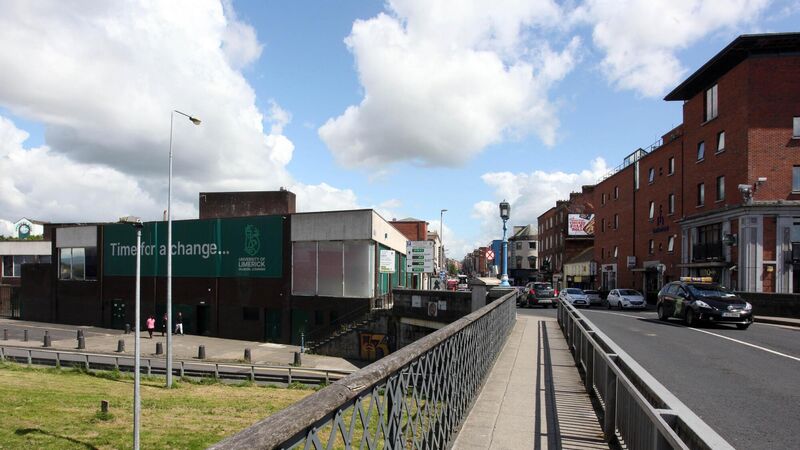Criticism as UL site purchase report not made available to university's governing authority

That report had investigated the purchase by the university of the former Dunnes Stores site in Limerick City in April 2019, a sale which was approved by the then governing authority despite no formal valuation of the building being provided. Picture: Brendan Gleeson
The University of Limerick (UL) has been criticised for failing to make a controversial report regarding an €8.3m site acquisition available to its own governing authority.
At a Public Accounts Committee hearing on Thursday, representatives from the embattled university were informed that it is “absolutely incredible” that committee members had been allowed to inspect the KPMG report in question in a closed room, but those handling the governance of the institution had not.













